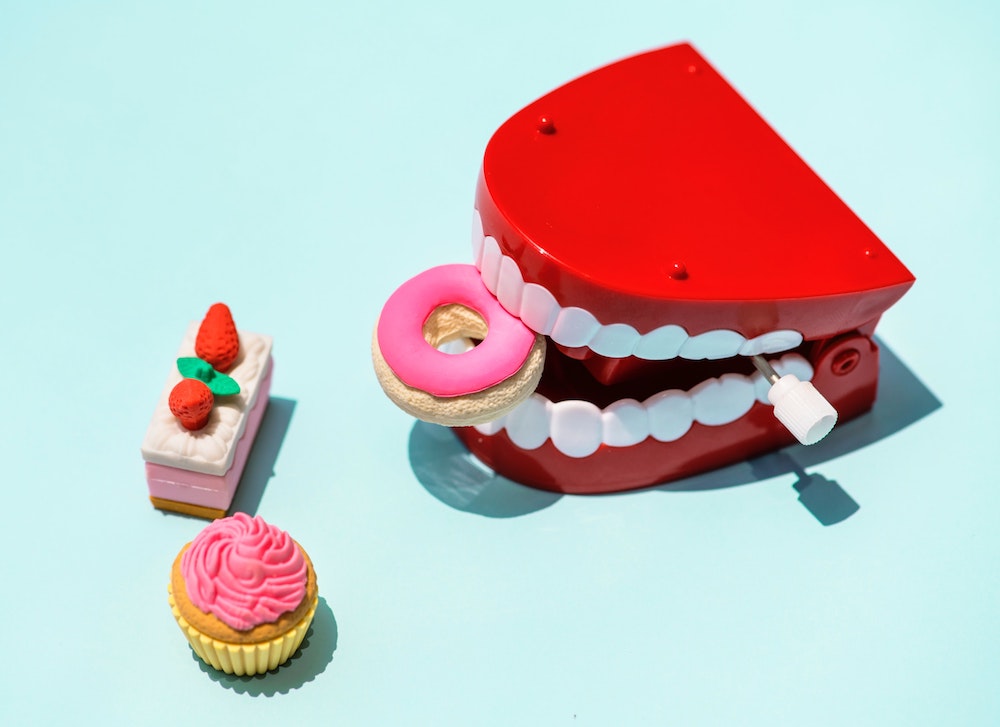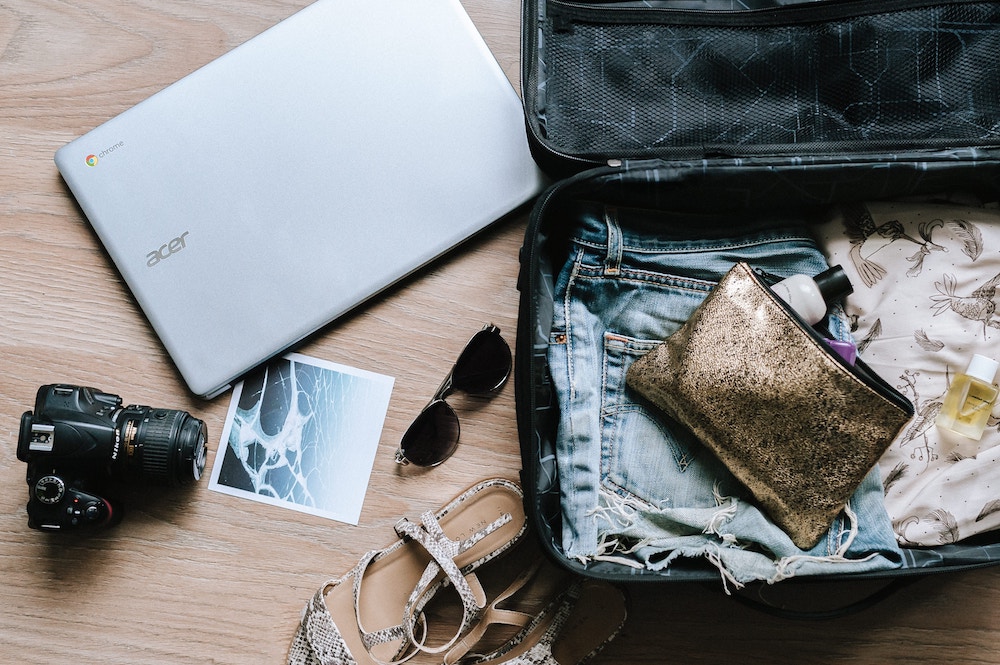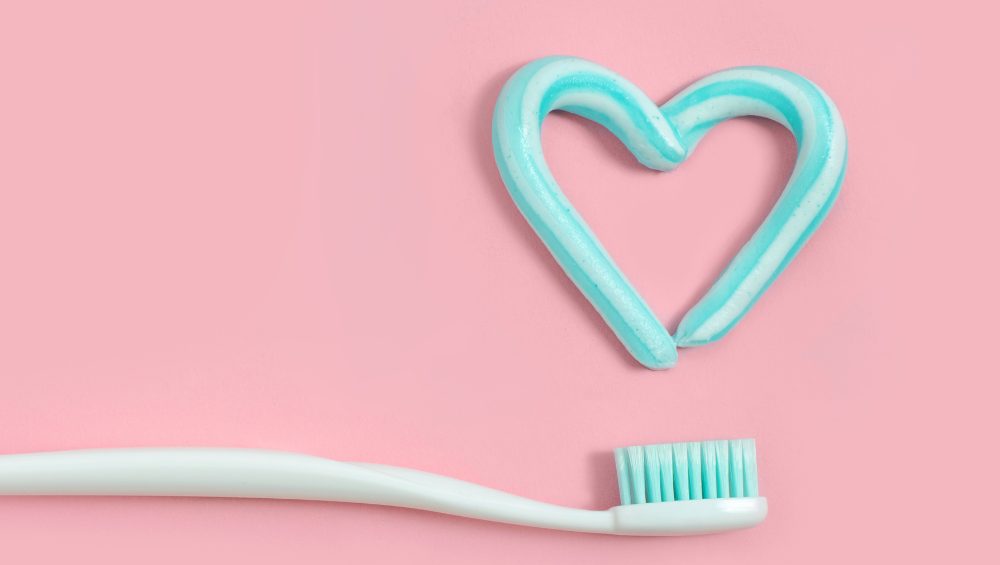
Case Study: How to Fix Small Teeth With Peg Lateral Treatment
October 7, 2021
The History of Dental Fillings and How They Have Changed Over Time
October 7, 2021Imagine you are enjoying your vacation until a tooth breaks or you lose a filling. A dental emergency while traveling is scary and often painful. Fortunately, emergency dental care may offer relief or even save your tooth.
You can never fully plan for life’s emergencies, however, it helps if you take the time to consider what you would do if you or a loved one suffers a dental emergency while traveling. Unexpected toothaches, broken teeth, or excruciating mouth pain can happen, but you don’t need to suffer.
Wherever you travel, you will most likely be able to find emergency dental care. Some savvy travelers research emergency medical facilities and emergency dental care for each destination. If you enter contact details and directions into your phone, you are prepared to get help if you need it.
A Few Signs You May Need Emergency Dental Care
- A tooth or multiple teeth fall out
- You lose a crown or filling
- You injure your gums, palate or mouth through trauma or impact
- A tooth gets dislodged or loose
- You chip or fracture a tooth
- You feel sudden, unusual, excruciating pain
- Your gums or mouth starts to swell
- Any other sudden, tooth-related problems or new pain in the gums or mouth
The appropriate response varies depending on the situation and severity. In the case of tooth loss, the immediate action taken may determine whether a dentist can replace the tooth or not. If in doubt, call an emergency dental service for triage advice.
How To Cope With Common a Dental Emergency While Traveling
While we don’t want to alarm you, if you are aware of common dental emergencies then you may be prepared to respond quickly if you experience or witness one.
Toothache or Mouth Pain
A severe toothache may be a sign of a dental emergency. People often dismiss a toothache as insignificant. However, a new, unexplained toothache may be a sign of a deeper problem.
Travelers often experience dental pain when flying due to the changes and imbalances in the air pressure on the plane. This discomfort isn’t usually an emergency, but it is good to be aware. Sometimes cracks or cavities within the tooth amplify the pain when air enters the space and expands in response to air pressure changes. This should be temporary and you should find relief after landing.
Broken Or Cracked Tooth
Sports, skiing, surfing, bicycling or climbing can occasionally result in accidents that cause broken teeth during a trip. Even if you avoid sports, car accidents and other trauma, broken teeth may still occur. A broken tooth is an emergency that requires prompt attention.
If this happens, rinse out your mouth then apply a cold compress to help control inflammation and swelling. Next, go to an emergency dentist or hospital emergency room.
Dislodged Or Lost Tooth
Tooth loss is a common nightmare and it may be even more dramatic when traveling. Be aware you need immediate attention if you lose a tooth. In some cases, a dentist may be able to replace your tooth if they see you soon enough. If you lose a tooth:
- Try to locate your tooth so a dentist may replace it.
- Rinse the tooth with cool water.
- Try to gently place the tooth back in the socket without disturbing the root area of the tooth. Don’t force the tooth or damage the delicate root.
- If you can’t easily place it in the socket, then store it in a glass of milk, an approved tooth preservation product, or between your gums and cheek, according to advice from The American Dental Association.
- Go to the emergency dentist immediately.
Be aware that the odds of a dentist being able to save your natural tooth drop dramatically after 30 minutes. This is one reason that it is wise to research emergency dental care before your trip.
More Advice on How To Respond To Or Prepare For A Dental Emergency
Preparing For A Trip
When planning your trip, take a few minutes to make a contingency plan for your dental health.
- Read your medical and dental insurance plan terms to see how your coverage applies while traveling. Look into travel medical and dental insurance if necessary.
- Research emergency dental and medical facilities for every city you plan to visit. Enter those resources in your phone contacts so you have it handy. Bring copies of any insurance details.
- If you have existing gum or dental concerns, be sure to have a check-up before you leave for your trip. This way, you decrease the odds of having an undiagnosed issue flare up while away from home. If your dentist recommends any treatment, try to do it before your trip. Be sure to tell your dentist about your travel plans.
- Pack over-the-counter pain medicine, oral hygiene products and mouthwash so you can care for your teeth while traveling.
- Consider avoiding hard candies and other foods that might crack, chip or damage your teeth.
- Wear a protective mouth guard when playing contact sports or participating in activities that involve a risk of falls or trauma.
How To Find A Dentist While Away From Home
Whether you are traveling in the U.S. or abroad, no one wants to have a dental emergency while traveling. However, sometimes life has other plans.
The least stressful option is to research emergency dental options online before you travel. Most likely, you won’t need that information, but if you do, it will be easier to get prompt dental care if you have emergency resources saved in your phone. You may even be able to find reviews that help you pre-choose the right emergency dentist.
This will vary depending on where you travel. If traveling abroad, research the country’s medical and dental systems. While this isn’t as fun as choosing vacation activities, knowing this information empowers you to keep yourself and your family safe and free of unnecessary pain. Travel advisories and guides often include information about the state of local healthcare.
Once you return home, be sure to contact your primary dentist for follow-up treatment and to update your record. Your emergency dentist may give you a temporary filling to offer relief while waiting for a more permanent treatment. Additionally, Southview Dental patients are welcome to contact us to schedule a pre-trip check-up.




